CPE Executive Council: Tenant Expectation Trends
Are you keeping an eye on what occupiers want?
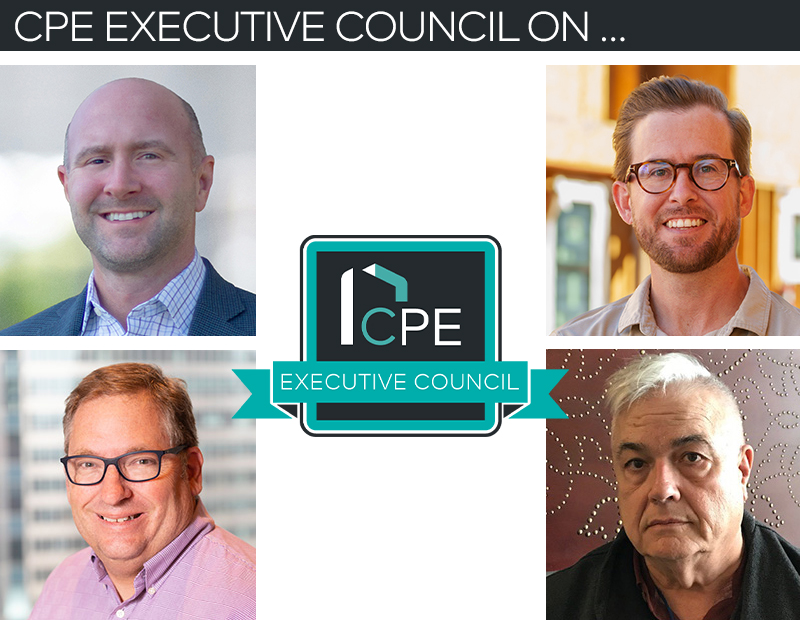
It’s not just what your tenants want, it’s what they expect. Are you keeping up with their requirements? The CPE Executive Council shares some of the new trends to keep an eye on.

Building Confidence
High construction costs remain a major factor in today’s market. At NAI Hiffman, we’re seeing tenants prioritize second-generation office spaces with good bones so their tenant improvement packages can stretch further.
Larger corporate users are increasingly requesting “self-help”-like offset rights in leases that allow them to recover any unrealized concessions, such as TI allowances, by deducting these costs from their future rent. They can also be used for unpaid broker commissions. While most landlords remain hesitant for a multitude of reasons such as legal and lender issues, it’s becoming a more common ask.
Given capital constraints, some landlords are offering credits instead of traditional TI dollars in order to preserve liquidity.
As confidence builds and companies require more in-office collaboration, we’ve seen an uptick in leasing activity, though renewing tenants are typically pushing for shorter lease terms. Notably, single-story suburban office buildings have proven especially resilient, as fewer of their tenants adopted remote and hybrid work policies during the pandemic. —Jason Wurtz, Executive Vice President, Office Services, NAI Hiffman

Housing Needs
In build-to-rent (BTR), tenants are drawn to the flexibility and ease of a maintenance-free lifestyle within a modern community that fits their lifestyle.
Inside of the home tenants expect modern spaces designed for convenience, including open concept layouts, walk-in closets, and smart home technology such as door locks and thermostats. In the right product types, thoughtful upgrades, such as extra storage, powder bathrooms, and attached garages, are not only desirable but can create a stickier tenant. As it pertains to daily life in a BTR community, tenants also expect responsive maintenance, underscoring the importance of quality property management.
Amenity packaging should meet tenants where they are at and often includes features such as dog parks, playgrounds, and pools. Based on the location of the community and its proximity to businesses, additional amenities such as fitness centers and co-working spaces can tip the scale for tenants seeking convenience without compromise. —Alex Pollack, VP of Partnerships, Mosaic

Office Perks
Office employees want a place that provides something the home office doesn’t provide. This can be in the form of better technology, collaboration space where in-person meetings are necessary, outdoor terrace areas, food and beverage offerings, entertainment or recreation, pet care or day care. —Dave Ebeling, Owner, Ebeling Communications

Adaptability and Innovation
Tenant expectations are evolving rapidly, driven by technological advancements, lifestyle changes, and a growing emphasis on sustainability.
Sustainability and Green Living
Energy Efficiency: Tenants are increasingly seeking properties with energy-efficient appliances, green certifications, and renewable energy options like solar panels.
Sustainable Materials: Use of eco-friendly building materials and sustainable practices is becoming a major selling point.
Flexibility and Convenience
Flexible Leasing Options: The rise of remote work has led to a demand for short-term leases and co-living spaces that offer affordability and community.
Smart Home Technology: Features like smart thermostats, keyless entry, and automated lighting are now expected as standard.
Enhanced Connectivity
High-Speed Internet: Reliable, high-speed internet is non-negotiable, especially with the increase in hybrid work models.
Tech-Driven Amenities: Virtual property tours, AI-driven tenant screening, and automated rent collection are becoming standard.
Community and Lifestyle Amenities
Co-Working Spaces: On-site co-working spaces are highly valued, providing convenience for remote workers.
Fitness and Wellness Facilities: Gyms, yoga studios and wellness centers are increasingly important to tenants.
Social Spaces: Tenants appreciate communal areas where they can socialize and build a sense of community.
Personalized and Professional Management
Seamless Tenant Experience: Providing a smooth, professional, and responsive management experience is crucial in a competitive rental market.
Tenant Engagement: Regular communication and engagement activities help in building a positive tenant-landlord relationship.
These trends highlight the importance of adaptability and innovation in meeting modern tenant expectations. —Doug Ressler, Manager, Business Intelligence, Yardi
Interested in joining the CPE Executive Council and being featured in future articles? Email Jessica Fiur.

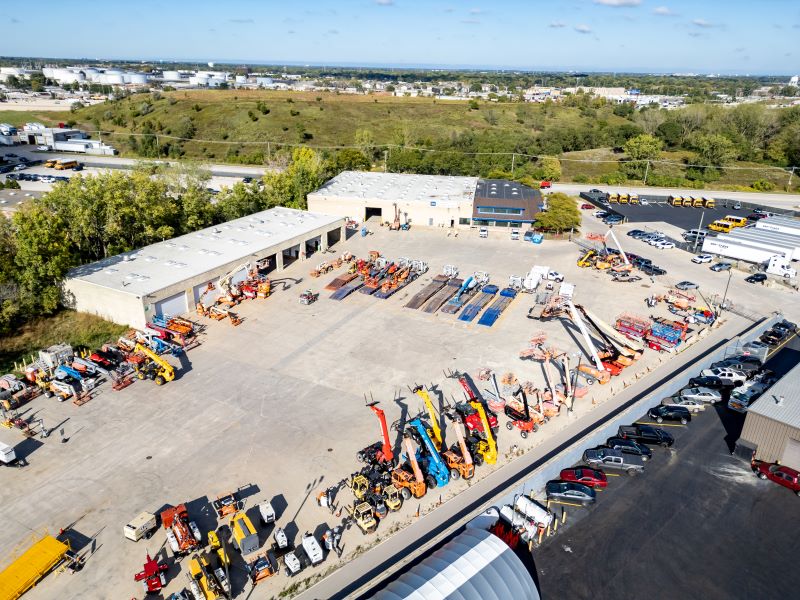
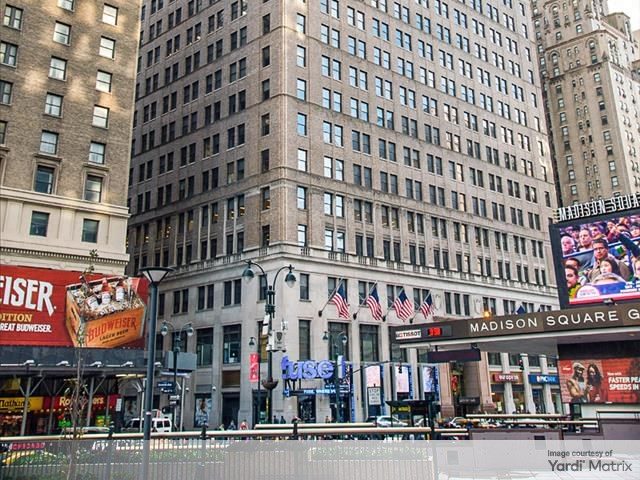
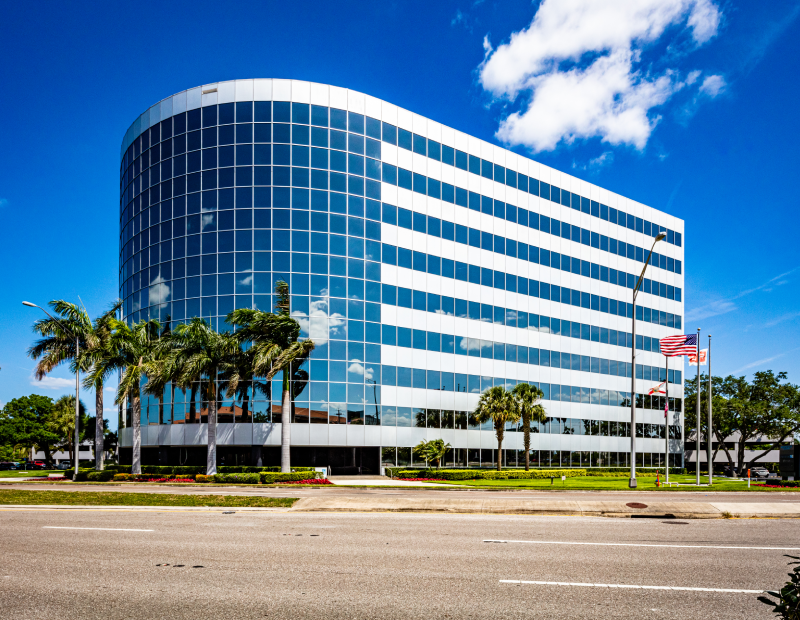
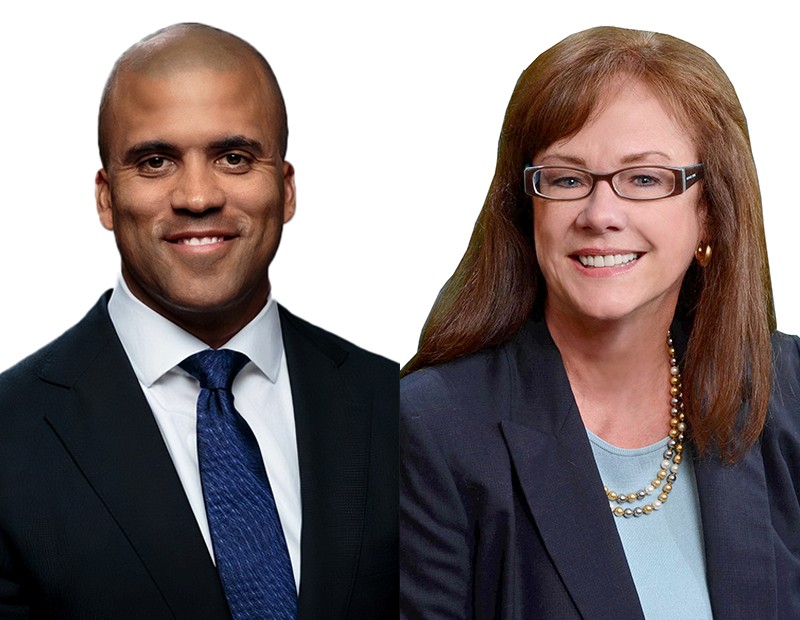
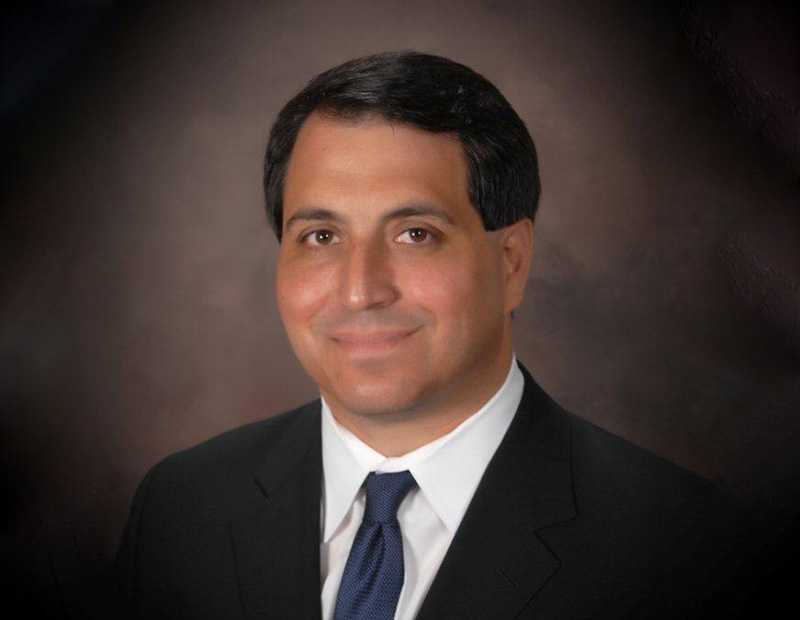

You must be logged in to post a comment.